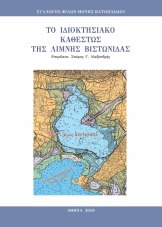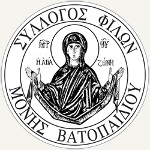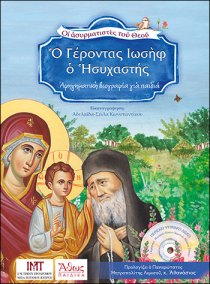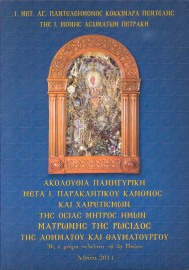From the fourteenth century to the present day, the land of Kosovo and Metohija has been, and will always remain, the spiritual heartland of the Serbian Orthodox nation. Sanctified by a multitude of monasteries and churches as well as by the blood of martyrs, the holy land of Kosovo occupies a place of honor and reverence within the souls of all believing Serbs.
After the sack of Constantinople by Crusaders in 1204, the province of Kosovo became the center of the Serbian Nemanjic state. Tsar Dusan was crowned in Kosovo in 1331, and he, King Stephen of Decani and King Uros had residences in the province. In 1346 the Serbian Orthodox Patriarchate was established at Pec (now a women’s monastery). In the early fourteenth century Kosovo was the richest and most densely populated region of the Serbian empire. It became a major commercial center for the Serbs, containing such industries as silk production, gold and silver mining, and fine crafts. Serbian rulers allotted the fertile area between Pec, Prizren, Mitrovica and Pristina and nearby areas to churches and monasteries, and this area eventually acquired the name Metohija, from the Greek metochion, meaning an estate owned by the Church. Many of the most beautiful Serbian monasteries and churches, as well as castles and fortresses, were located in Kosovo. Archeologists have determined that there were about 1,300 monasteries, churches and other monuments in Kosovo and Metohija in the fourteenth century. Διαβάστε τη συνέχεια του άρθρου »






































